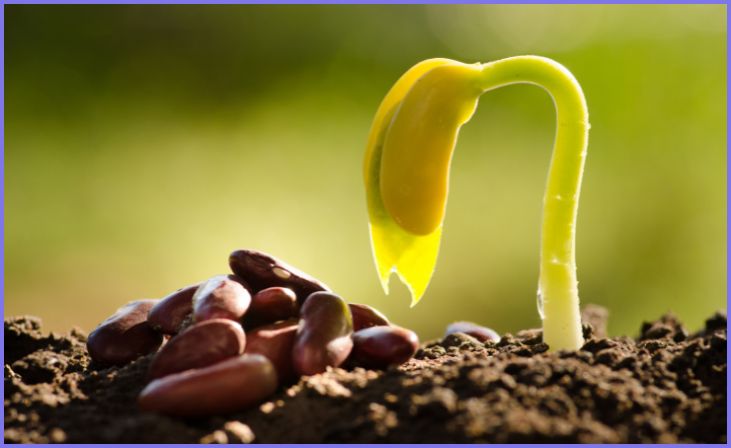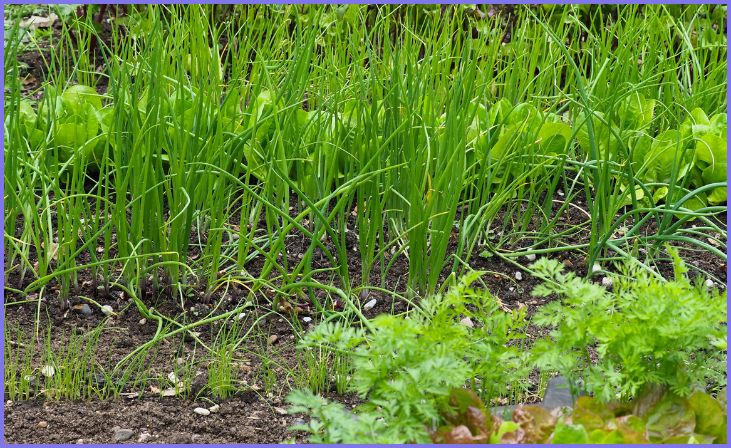Gardening is a delightful and rewarding hobby, but it can also become an expensive venture if you’re not careful. However, with some creativity and strategic planning, you can cultivate a beautiful garden without breaking the bank. Whether you’re a novice or experienced gardener, these smart tips will help you grow a lush and thriving garden on a tight budget.
1. Start with Seeds

One of the most cost-effective ways to kickstart your garden is by starting with seeds instead of buying seedlings or mature plants. Seeds are significantly cheaper and offer a wider variety of plant options. You can find affordable seed packets at local nurseries, gardening centers, or even online. Additionally, consider swapping seeds with fellow gardeners or joining community seed exchange programs to expand your options without spending extra money.
2. Utilize Recycled Containers
Who says you need to buy expensive planters and pots? Get creative and repurpose items from around your home to use as containers for your plants. Old buckets, tin cans, wooden crates, and even plastic bottles can be transformed into charming plant holders. Not only does this save you money, but it also adds a unique and eclectic touch to your garden. Just make sure to poke drainage holes in the bottom of your containers to prevent waterlogging.
3. Embrace Companion Planting
Companion planting is a gardening technique where certain plants are grown together to benefit each other. This method not only improves the health and yield of your crops but also reduces the need for chemical fertilizers and pesticides. Research companion planting combinations that work well together, such as planting basil alongside tomatoes to improve tomato flavor and repel pests. By strategically pairing your plants, you can maximize your garden’s potential without spending extra money on synthetic additives.
4. Make Your Own Compost

Why spend money on store-bought fertilizers when you can create nutrient-rich compost right in your backyard? Composting is an eco-friendly and budget-friendly way to feed your garden naturally. Collect kitchen scraps, yard waste, and organic materials like leaves and grass clippings to create a compost pile or bin. Over time, these materials will break down into a dark, crumbly compost that enriches your soil and promotes healthy plant growth. Not only does this save you money, but it also reduces your carbon footprint.
5. Seek Free Mulch and Soil Amendments
Instead of purchasing bags of mulch and soil amendments, look for free or low-cost alternatives in your community. Many municipalities offer free mulch made from recycled yard waste, which not only saves you money but also supports sustainable practices. Additionally, check with local farms, stables, or landscaping companies—they may be willing to provide free manure or wood chips to enrich your garden soil. By taking advantage of these resources, you can improve your soil quality and promote healthy plant growth without spending a dime.
6. Grow Perennials for Long-Term Savings
While annual plants need to be replanted each year, perennials come back year after year, saving you time and money in the long run. Invest in perennial herbs, fruits, and vegetables such as mint, strawberries, and asparagus, which provide a bountiful harvest season after season. Additionally, perennials often require less maintenance and water once established, making them an excellent choice for the budget-conscious gardener. Start small with a few perennial varieties, and watch your garden grow and multiply over time.
7. Join Gardening Communities and Swaps

Last but not least, tap into the power of gardening communities and swaps to expand your garden without spending extra money. Join local gardening groups, attend plant swaps or community seedling sales, and connect with fellow gardeners in your area. Not only can you learn valuable tips and tricks from experienced growers, but you can also exchange plants, seeds, and gardening supplies with others. This not only saves you money but also fosters a sense of camaraderie and sharing within the gardening community.
In conclusion, growing a garden on a low budget is entirely achievable with some ingenuity and resourcefulness. By starting with seeds, utilizing recycled containers, embracing companion planting, making your own compost, seeking free mulch and soil amendments, growing perennials, and joining gardening communities, you can cultivate a thriving garden without breaking the bank. Happy gardening!







